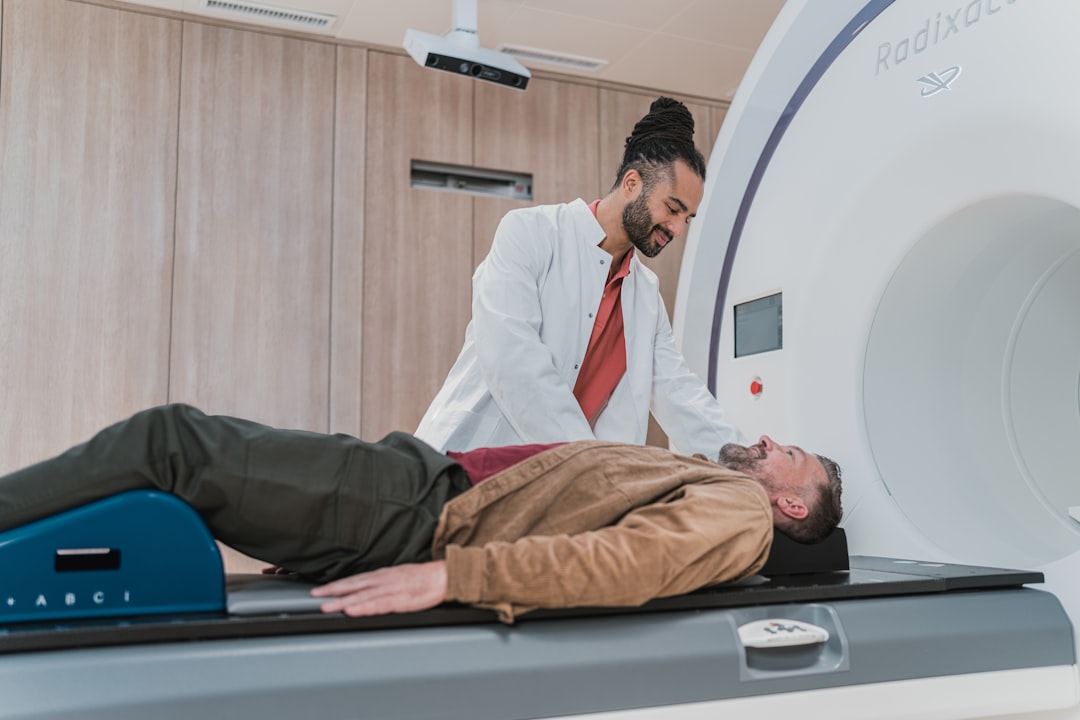What is it about?
•Background and study aims: multiple sclerosis (MS) is an inflammatory disease of the central nervous system that is the brain and spinal cord. In most cases, young individuals aged 20 to 40 are diagnosed with MS, with women being around three times as often affected as men. Damage to the nerve sheaths leads to a variety of symptoms in MS. Specific treatment of these symptoms and improvement in everyday activities are important goals for people with MS. To be able to measure the present health status of individuals and assess the effects of treatment, suitable measurement tools are necessary. These tools need to be precise, valid and reliable. This refers also to subjective instruments such as questionnaires. These tools can be used to measure your perception of your own health status or disease-related health problems. Certainly, the questions in any questionnaire need to be in the respective language of the people under investigation. These translated questionnaires are required to be validated, too. In our next study, we are interested in the effects of a physiotherapy intervention on physical functioning and self-efficacy. Self-efficacy is a person’s belief in his or her ability to achieve goals. Studies have shown that high self-efficacy levels are related to better health outcomes in people with MS. So far, we are not aware of any validated German questionnaire for measuring self-efficacy in people with MS. Therefore, we plan to translate the original English Unidimensional Self-Efficacy Scale for MS (USE-MS) into German and to validate the German version for people with MS living in Austria. •Who can participate? People with MS who are 18 or older who do not have another neurological or psychiatric disorder or any severe disease. •What does the study involve? The study consists of two phases. Phase 1 is used to translate the USE-MS into German and to pre-test the German version. Participants with MS are asked to complete the 12-item USE-MS questionnaire. After that, they are asked for an interview (20-45 minutes) to learn about their opinions regarding the translated scale. Phase 2 of the study involves two tests within 2-14 days. Participants are asked to complete six questionnaires including the USE-MS. All participants receive the same questionnaires and are asked the same questions during the interview. •What are the possible benefits and risks of participating? It is expected that there are no risks related with this study as there is no intervention. Moreover, it is expected that there is an indirect benefit associated with the study participation because the study is used to make a validated self-efficacy scale for people with MS accessible for German speaking people with MS. Study participants will influence the wording of the scale, which is of value for people with MS in the clinical practice and research. •Where is the study run from? The study is run from the Medical University of Innsbruck, Department of Neurology, Austria, in collaboration with the Karl Landsteiner Institute for Interdisciplinary Research at the Rehabilitation Centre Muenster, Austria. •When is the study starting and how long is it expected to run for? The anticipated start date of the study is the 1st of February, 2019. It is expected that the study duration is 2 years and 9 months, until the 31st of October, 2021. •Who is funding the study? A funding application has been submitted to the Austrian MS Research Society. All other costs will be paid by the MS Task Group of the Medical University of Innsbruck, Department of Neurology, Austria and the Karl Landsteiner Institute for Interdisciplinary Research at the Rehabilitation Centre Muenster, Austria.
Featured Image
Read the Original
This page is a summary of: German translation, cultural adaption and validation of the unidimensional self-efficacy scale for multiple sclerosis: a study protocol, BMJ Open, August 2019, BMJ,
DOI: 10.1136/bmjopen-2019-029565.
You can read the full text:
Contributors
The following have contributed to this page










